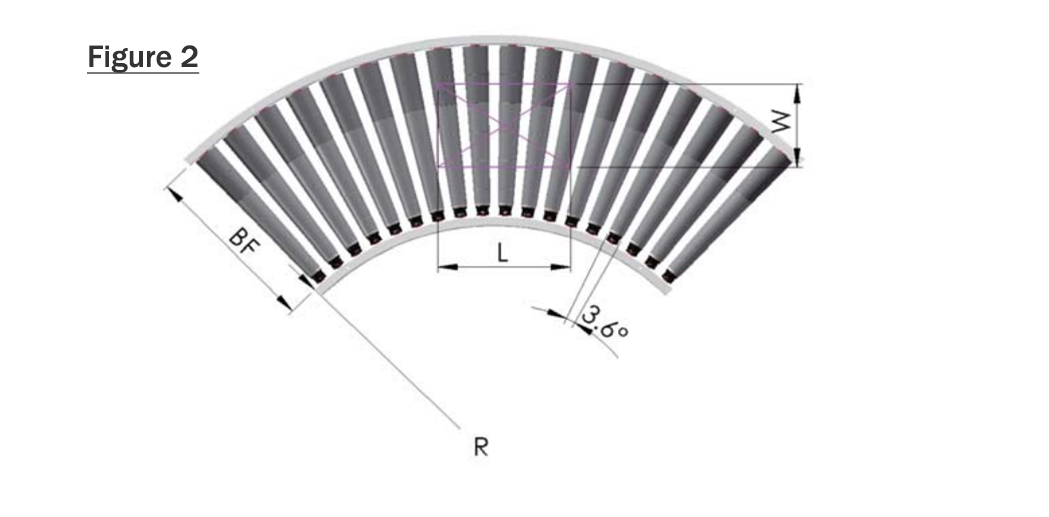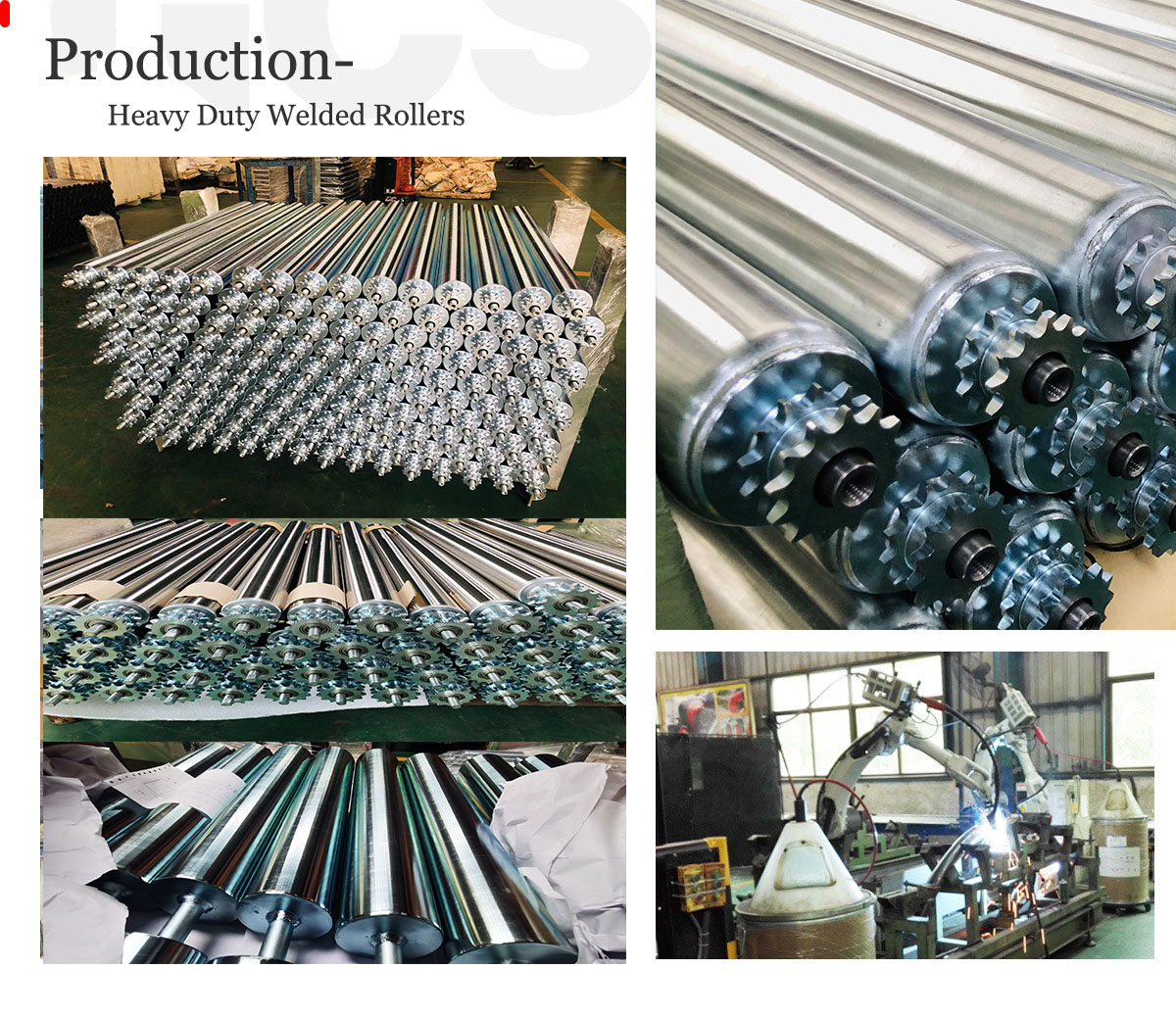Roller Installation Instructions
Roller Installation Instructions
Roller Installation Instructions
Global Conveyor Supplies Company Limited (GCS) Incorporated in China 1995) owns the “GCS” and “RKM” brands and is wholly owned by E&W Engineering SDN BHD. (Incorporated in Malaysia in 1974).
Linear Conveyor Roller Installation
In order to ensure the stability of the conveyed material, 4 rollers are required to support the conveyed material, that is, the length of the conveyed material (L) is greater than or equal to three times the center distance of the mixing drum (d); at the same time, the inner width of the frame must be greater than the width of the conveyed material (W), and leave a certain margin.(Usually, the minimum value is 50mm)

Common roller installation methods and instructions:
| Installation method | Adapt to the scene | Remarks |
| Flexible shaft installation | Light load conveying | The elastic shaft press-fit installation is widely used in light-load conveying occasions, and its installation and maintenance are very convenient. |
| Milling flat installation | medium load | Milled flat mounts ensure better retention than spring-loaded shafts and are suitable for moderate load applications. |
| Female thread installation | Heavy-duty conveying | The Female thread installation can lock the roller and the frame as a whole, which can provide greater bearing capacity and is usually used in heavy-duty or high-speed conveying occasions. |
| Female thread + milling flat installation | High stability requires heavy-duty conveying | For special stability requirements, the Female thread can be used in combination with milling and flat mounting to provide greater bearing capacity and lasting stability. |

Roller installation clearance description:
| Installation method | Clearance range (mm) | Remarks |
| Milling flat installation | 0.5~1.0 | 0100 series is usually 1.0mm, others are usually 0.5mm |
| Milling flat installation | 0.5~1.0 | 0100 series is usually 1.0mm, others are usually 0.5mm |
| Female thread installation | 0 | The installation clearance is 0, the inner width of the frame is equal to the full length of the cylinder L=BF |
| other | Customized |
Curved conveyor roller installation
Installation angle requirements
In order to ensure smooth conveying, a certain angle of inclination is required when the turning roller is installed. Taking a 3.6° standard taper roller as an example, the angle of inclination is usually 1.8°,
as shown in Figure 1:

Turning Radius Requirements
In order to ensure that the conveyed object does not rub against the side of the conveyor when turning, the following design parameters should be paid attention to: BF+R≥50 +√(R+W)2+(L/2)2
as shown in Figure 2:

Design reference for turning inner radius (roller taper is based on 3.6°):
| Type of mixer | Inner radius (R) | Roller length |
| Unpowered series rollers | 800 | Roller length is 300、400、500~800 |
| 850 | Roller length is 250、350、450~750 | |
| Transmission head series wheel | 770 | Roller length is 300、400、500~800 |
| 820 | Roller length is 250、450、550~750 |
Production
Packaging and transport
Production
Packaging and transport
